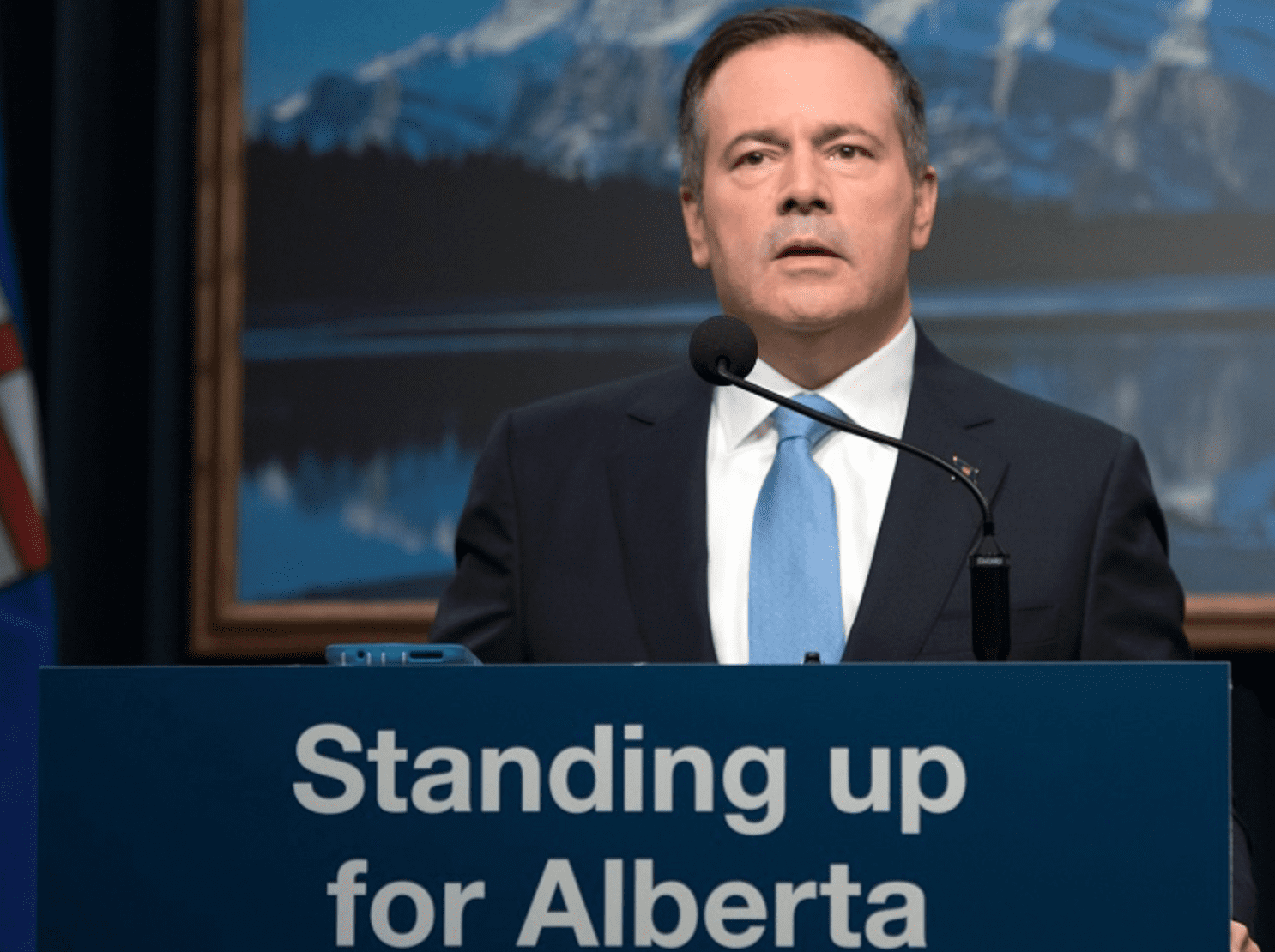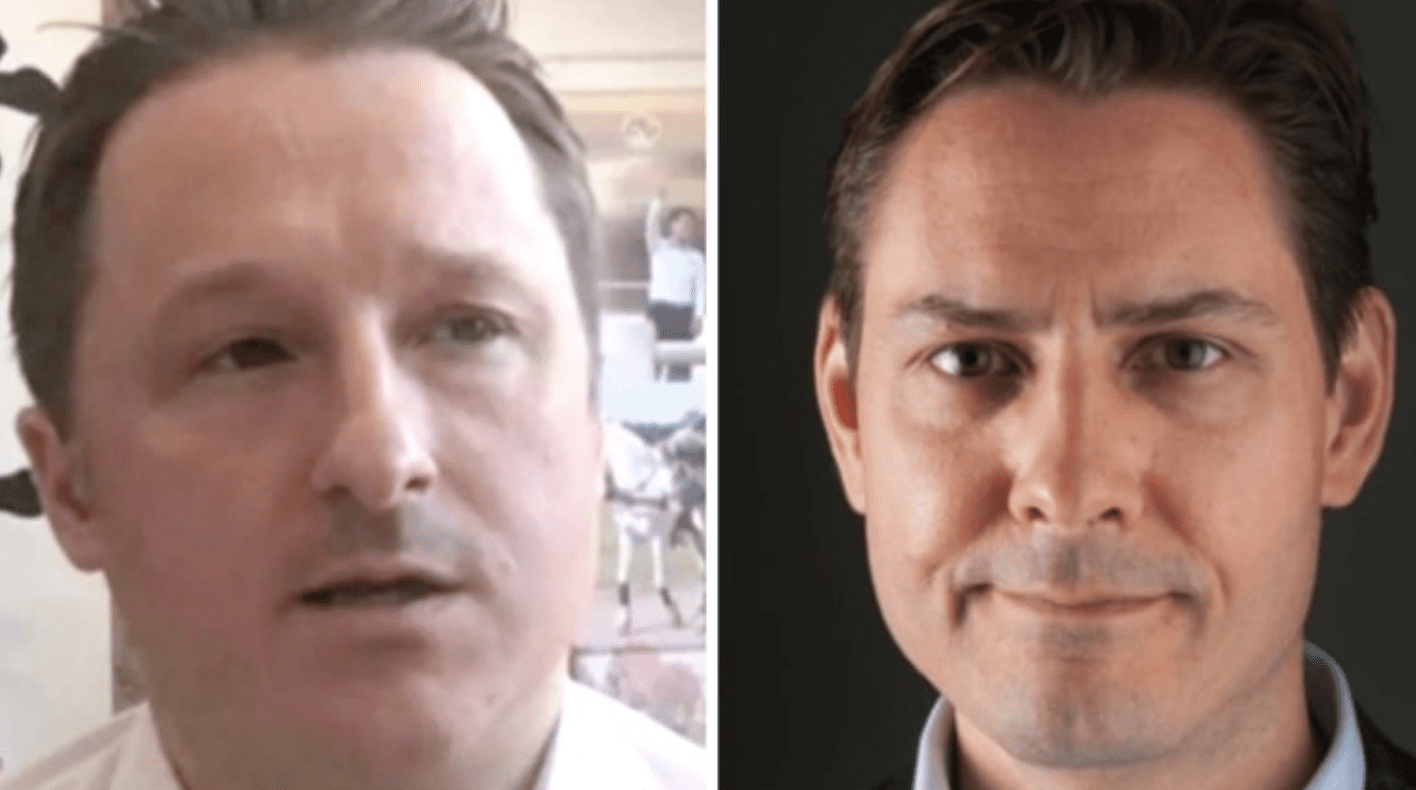The release of the so-called "Fair Deal Panel" report last week has Alberta premier Jason Kenney moving swiftly to start implementing some of its recommendations, and in particular, laying the groundwork for a future referendum on the future of the equalization program not that such a referendum could actually do anything about it, because it's part of the Constitution, and a provincial referendum is not an amending formula. Nevertheless, it is revealing in showing that this is not actually about "fairness" for Alberta because that is not and has never really been the goal of this project. Rather, it is about fuelling the grievance culture that is being used to construct a collective identity for the province, and using the irrational anger that it generates for political ends most especially for Kenney to consolidate power.
To be clear, there is nothing in the "Fair Deal" report that is about actual fairness that would imply that there was an attempt to contextualize the situation in Alberta with that of the rest of Canada, but that was never going to happen because it would show that Albertans are per capita the wealthiest province by far not to mention that they are the lowest taxed. Complaints about equalization are framed in ways that don't actually reflect the reality of the situation, and calls for the province to press strenuously for the "removal of current constraints on the Fiscal Stabilization Program that prevent Albertans from receiving a $2.4 billion equalization rebate."
There is no such thing as an "equalization rebate," and there is no recognition that part of the constraints on the program are about a moral hazard it encourages provinces not to put all of their fiscal eggs in a single basket. Alberta structured their provincial budgets to be resource-revenue heavy rather than in simply relying on consumption taxes like other provinces do, and when those revenues collapsed again because this is not the first time they expect the federal government to bail them out for their poor fiscal decisions. I'm not sure how this is "fair" to the rest of the country, or how Alberta making unsound judgments means that they are being treated "unfairly" to the tune of $2.4 billion, and yet they have falsely equated this with paying into equalization to create a bogus sense of expectation: We helped you out, so why aren't you helping us out which, to be clear, the federal government absolutely has been. It's about fostering that sense of grievance, not about actual fairness.
The report makes other bizarre claims about "fairness" when it comes to claims that Alberta is under-represented in the House of Commons, which makes no particular sense given that their representation has grown in line with their population. Do you know which province's representation hasn't grown in line with its population? Ontario, which is short probably twenty seats from what it should have, and which Stephen Harper planned to short-change even further during the last redistribution until he got enough pushback and outcry. The suggestion that the province "elect" senators is not only unconstitutional, but feeds into the pernicious myth that a "Triple E" Senate would somehow give Alberta a bigger say federally, rather than simply creating more backbenchers for the government in power.
The grievance construction in the complaints about the previous Bills C-48 and C-69 falsely claims that they are examples of federal overreach, but also plays into the myth that they are what is killing the oil and gas sector. Do you know what has impacted the growth of the sector in the province more than anything? The fact that the shale boom in the US drove prices down below what makes new oilsands projects profitable, followed by countries like Saudi Arabia and Russia trying to make those shale operations unprofitable by flooding the market with so much supply that prices collapsed. Nothing the federal government has done has anything to do with these market forces, and in fact, their insistence on stricter environmental policies could actually attract investment from the very same European countries who are currently divesting.
Many of the recommendations, such as pulling out of the Canada Pension Plan or ending their RCMP police contract, have no real connection to the "fairness" of how the provinces is being treated by the federal government. Nevertheless, they are predicated on the province holding referenda about these changes, and that is really what much of this boils down to using these referenda as a tool by which Kenney can consolidate power under the false guise of democracy.
The panel knew full well that these referenda wouldn't be meaningful, particularly one on equalization. Instead, they claim that such a referendum would "morally obligate the federal government and other provinces to come to the table and negotiate the proposed amendment to the Constitution." This is not only magical thinking, but it's about normalizing the use of these tools of so-called "direct democracy" as a tool for the premier to achieve his ends.
Those ends are about power. Referendums oversimplify complex problems, presenting them in a one-sided or misleading manner, and when the executive of a government constructs a question in a certain way, and then interprets the response in a way that is convenient to their aims because there was no way that a question could be sufficiently clear on what it actually means they ultimately consolidate that power under the guise of responding to the "will of the people."
Put this into the context of Kenney's tactics of stoking anger by way of these manufactured grievances, thinking that he is clever enough to put out the fires he starts in order to look like a hero. This tactic of using referenda are simply the next iteration of that tactic, trying to channel the anger he stokes into votes that are designed to allow him to amass even more power and claim popular support for it. None of this is about "fairness" it's about power.
Photo Credit: Calgary Herald








